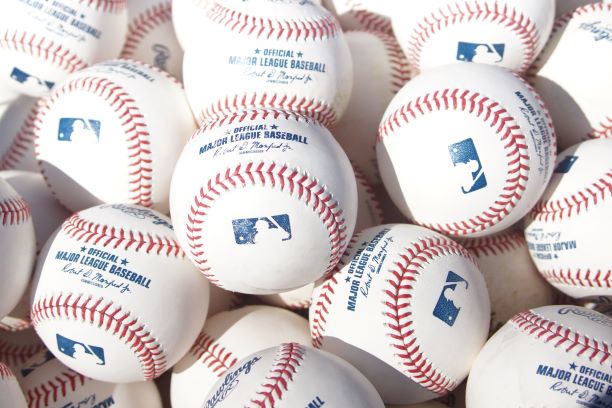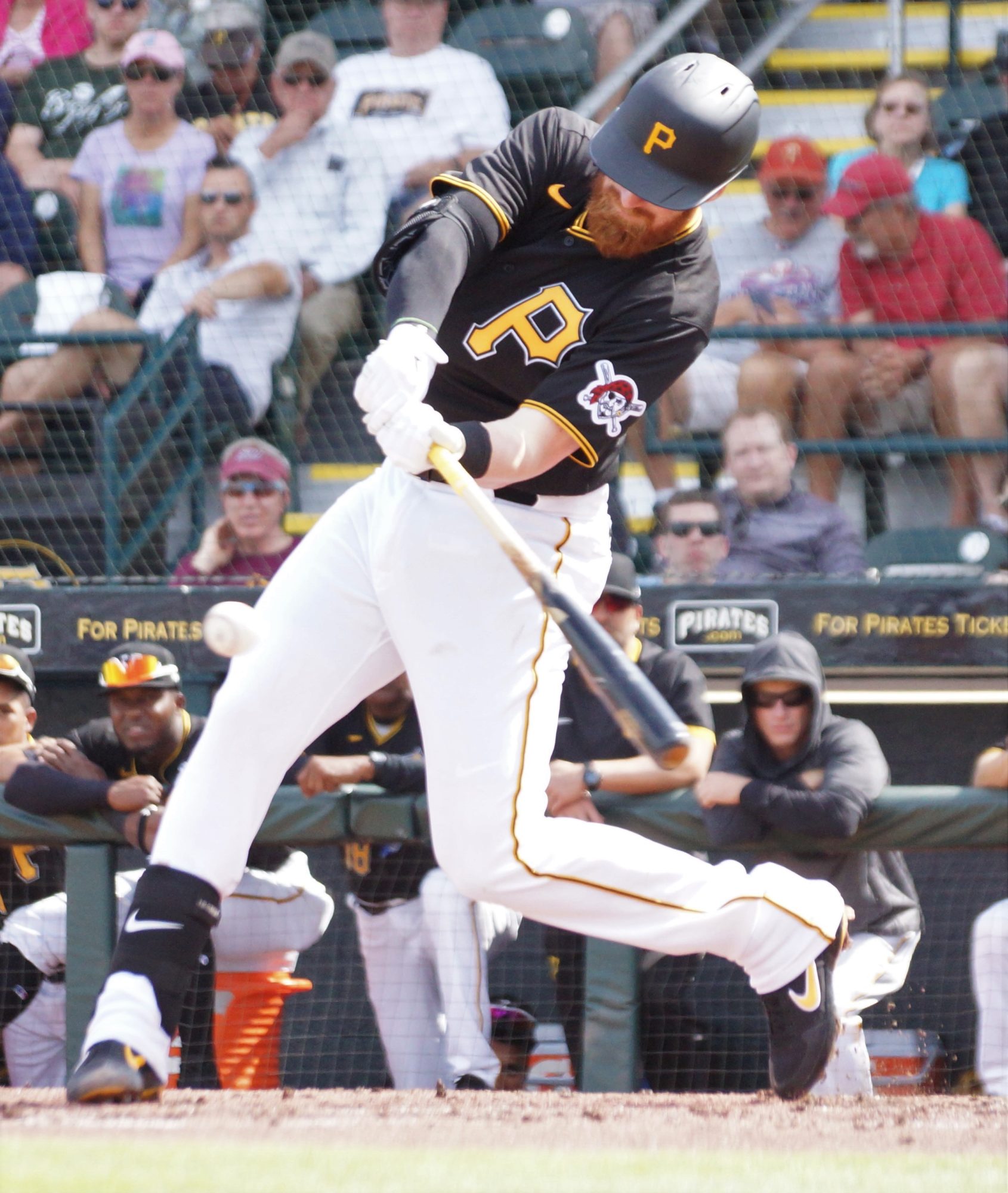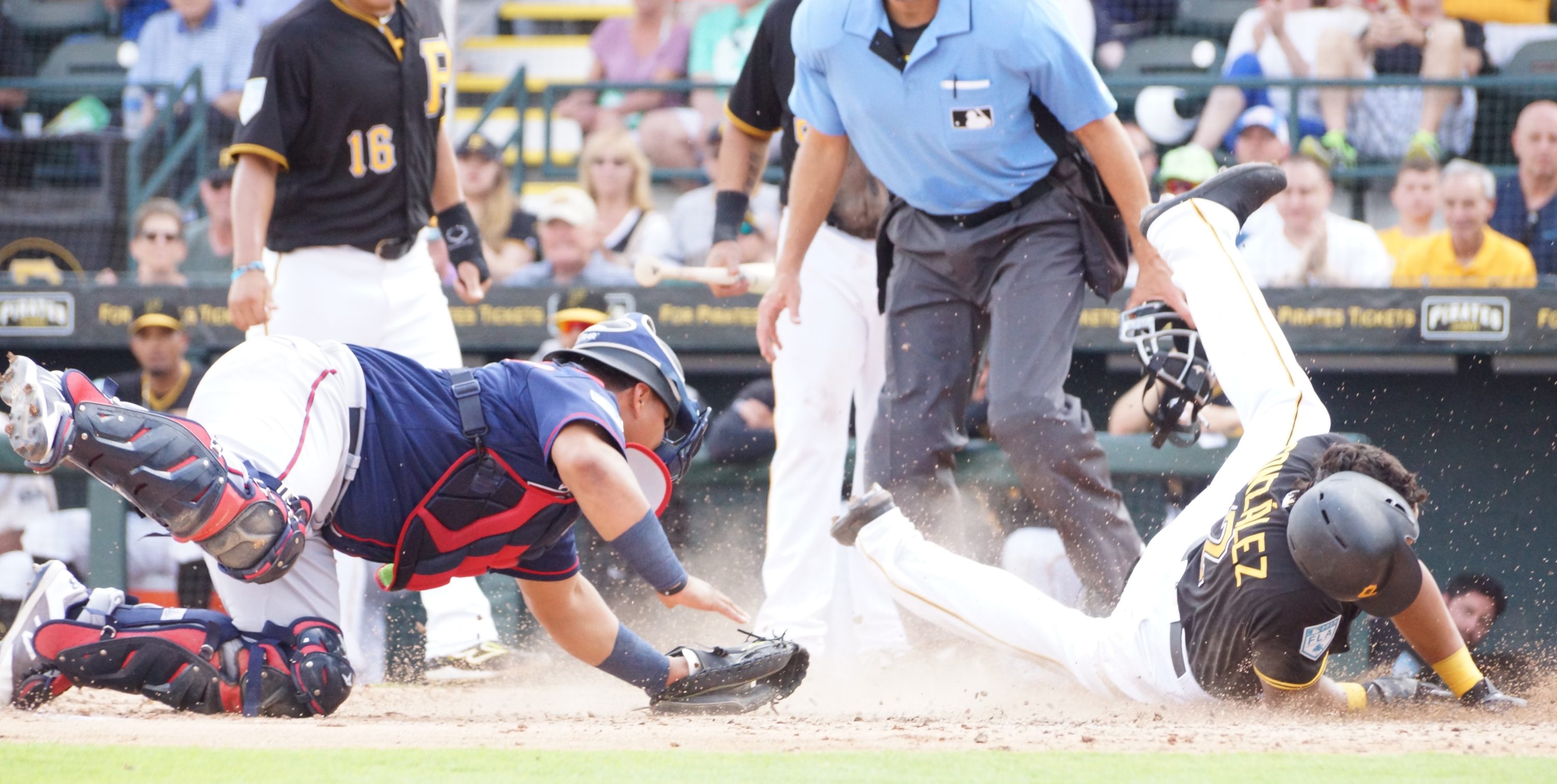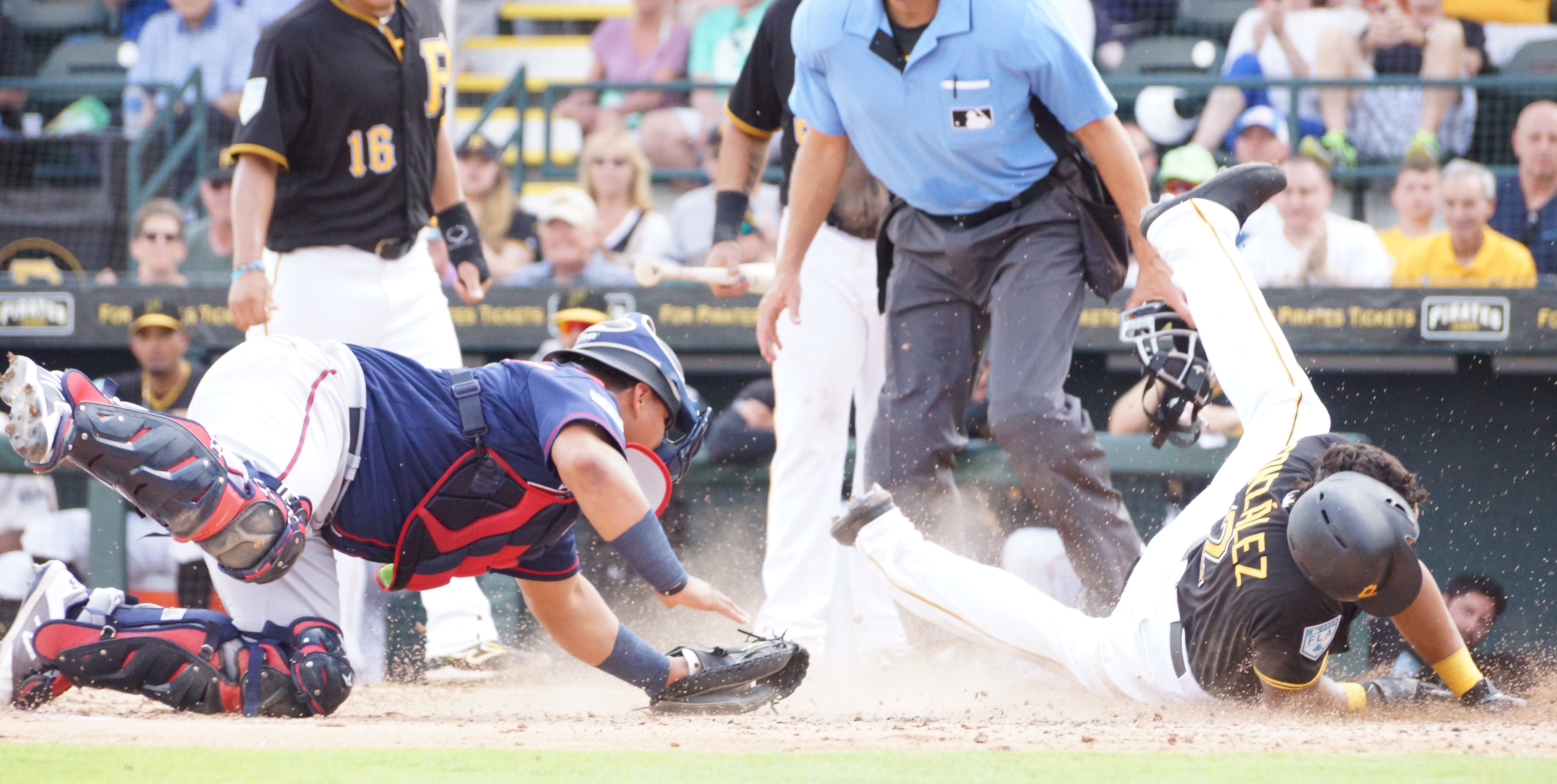The Precarious State of MLB
By Brent Schultz on July 16, 2020
With Major League Baseball finally set to resume for the 2020 season, let’s take a look at how we got here. A few weeks ago, in late June, the MLB Players Association (MLBPA) informed the league that players would comply with Commissioner Rob Manfred’s imposed outline for a 60-game season. Players have already reported earlier this month for a type of “spring” training, and the regular season will officially commence on the 23rd of July.

The Players and the League have also finalized COVID-19 health and safety protocols for the 2020 season. Here is the MLB’s statement regarding the 2020 season’s return:
The health and safety of players and employees will remain MLB’s foremost priorities in its return to play. MLB is working with a variety of public health experts, infectious disease specialists and technology providers on a comprehensive approach that aims to facilitate a safe return.
MLB has submitted a 60-game regular season schedule for review by the Players Association. The proposed schedule will largely feature divisional play, with the remaining portion of each Club’s games against their opposite league’s corresponding geographical division (i.e., East vs. East, Central vs. Central and West vs. West), in order to mitigate travel. The vast majority of Major League Clubs are expected to conduct training at the ballparks in their primary home cities.
Commissioner Manfred: “Major League Baseball is thrilled to announce that the 2020 season is on the horizon. We have provided the Players Association with a schedule to play 60 games and are excited to provide our great fans with Baseball again soon.”
Listed below are six other things to take note of for this upcoming MLB season.
1. Format of regional schedule finalized
The exact schedule still needs to be made, but we do know the structure of it. Every team will play 40 games against divisional foes (or 10 apiece) and 20 inter-league games against the geographical equivalent. The Nationals, for example, will play all their games against NL and AL East teams.
2. Teams to submit 60-player rosters; will open with 30-player rosters
Predictably, things are going to move at a rapid pace. That includes teams submitting 60-player rosters for big-league spring training. Once the season begins, teams will be allowed to carry 30 players on their active roster. That number will drop to 28 after two weeks, then 26 after four weeks, according to MLB.com’s Mark Feinsand (Via Twitter).
3. Universal DH among rule changes
MLB will have at least two rule changes this season: a universal DH (yes, that means pitchers will no longer hit in the NL) and a baserunner placed on second at the start of every half-inning in extras.
4. Trade deadline will fall in August
MLB will have a trade deadline this year after all. Instead of falling on its usual date of July 31, it’ll come a month later, on August 31. Unlike in most years, that will represent the midway point of the season.
5. COVID-specific inactive list
According to ESPN’s Jeff Passan, MLB will have a COVID-19-specific inactive list that players will be placed on if and when they test positive or show symptoms. There will be no set amount of time for the player to sit out, unlike the injured list, which requires hitters to miss at least 10 days.
6. Unsigned players to possibly head to Nashville?
Here’s perhaps the most surprising element of the details revealed so far. According to The Athletic’s Jayson Stark, the league has spoken with the city of Nashville about hosting two teams of unsigned players who would be paid to remain in shape as potential replacement players, should the need arise during the season. Teams would then have to pay to add these players. It’s unclear exactly who would be involved and how it would work, but it’s worth knowing that it’s a possibility being discussed.
Strictly putting an emphasis on divisional and region-specific games is a smart thing to do on behalf of the league. It will put forth an effort to contain extra spread and exposure of COVID-19. However, the schedule is not balanced and that leaves teams playing their four divisional rivals 10 times throughout the season while only playing the opposite division for a total of 20 games.
Along with the new format for the shortened season, the MLB is allowing players who are deemed “high-risk” to opt out of playing and not lose their prorated season salaries or service time. Players who are not considered high-risk can also opt out, but then they would forfeit their salaries and not accrue service time. There are already several players who have said they will forgo the 2020 season rather than take a chance on getting sick. A few names of those opting to not play this year are the Dodgers’ David Price, Braves’ Felix Hernandez and the defending champion Washington Nationals’ Joe Ross.
Even Mike Trout of the Los Angeles Angels, one of the best players in baseball, said he was not certain that he would play this summer, in part because he and his wife are expecting a child in August.
“Honestly, I still don’t feel that comfortable,” Trout told reporters about playing in the pandemic.
I can understand these players wanting to sit out for the season because they want to protect their own personal health and that of their family’s health and wellness as well. They are very reasonable decisions. Although, not every player will have the luxury of sitting out this season to protect their family’s well-being and their own personal health.

Many players may not feel like they have a choice whether to sit-out or not. Athletes have very short careers relative to other jobs. The country’s top sports leagues are made up of the absolute upper crust of talent. The job market is cutthroat, and time on the sideline is therefore time wasted. So that risk-reward becomes an issue with every single player.
Many fans may be upset with the absence of some of these bigger named players choosing to sit out this year. However, it should be taken into account that these guys will be very well rested and raring to go once 2021 spring training comes around.
Piped-in fan noise is also a new reality for the 2020 baseball season that will be played primarily, if not entirely, in empty stadiums. Anthony Rendon, the star third baseman in his first season with the Los Angeles Angels is not a fan of the idea. Rendon calls the idea “stupid,” he said he would prefer silence or even just have music play during the games.
Teams throughout the league are expected to experiment with manufactured noise and cardboard cutouts as a way to make up for not having fans in the stands, a necessity given the social-distancing mandates prompted by continually increasing corona virus cases throughout the country.
The fake crowd noise is mostly really good for television in my opinion, it just makes you comfortable watching it because it feels and sounds familiar. Unlike Rendon, Dodgers third baseman Justin Turner is an advocate for the piped in crowd noise. Turner said the noise gave him a little bit of adrenaline and is hopeful that all stadiums will have it this year.
After all of the work that went into attempting to restart the season, on July 15th, Baseball Commissioner Rob Manfred says there might be no major league games this year after a breakdown in talks between teams and the players’ union on how to split up money in a season delayed by the corona virus pandemic. The league also revealed several players on big league rosters have tested positive for COVID-19.
Players believe Manfred is delaying to shorten the schedule — and their pay.
Cincinnati pitcher Trevor Bauer tweeted:
It has been blatantly obvious that the players are not happy with the current state of ongoing negotiations. With Commissioner Manfred threatening a shorter season, the players’ union could respond by filing a grievance, arguing players should be paid for the season of 119 games they initially proposed in March. The union’s first plan would result in salaries of nearly $3 billion. At this point it seems to me that the players are just fed up. This is in part due to five years of flat salaries, a lost grievance claiming the Chicago Cubs manipulated the service time of star third baseman Kris Bryant in violation of the labor contract and allegations several teams did not properly use revenue sharing proceeds, which the union called “tanking.” This will be a situation to monitor very closely, because without both sides coming to an agreement there is still the possibly of no baseball in 2020.
Tags: anthony rendon, jeff passan, joe ross, justin turner, Mark Feinsand, Mike Trout, mlb covid-19, mlb players association, rob manfred





 Tweet This
Tweet This Share on Facebook
Share on Facebook Digg This
Digg This Bookmark
Bookmark Stumble
Stumble





0 Comments
You can be the first one to leave a comment.